
2030 FIFA World Cup Host across Morocco, Spain, and Portugal
Explore the 2030 FIFA World Cup host across three continents and celebrating a century of football history.
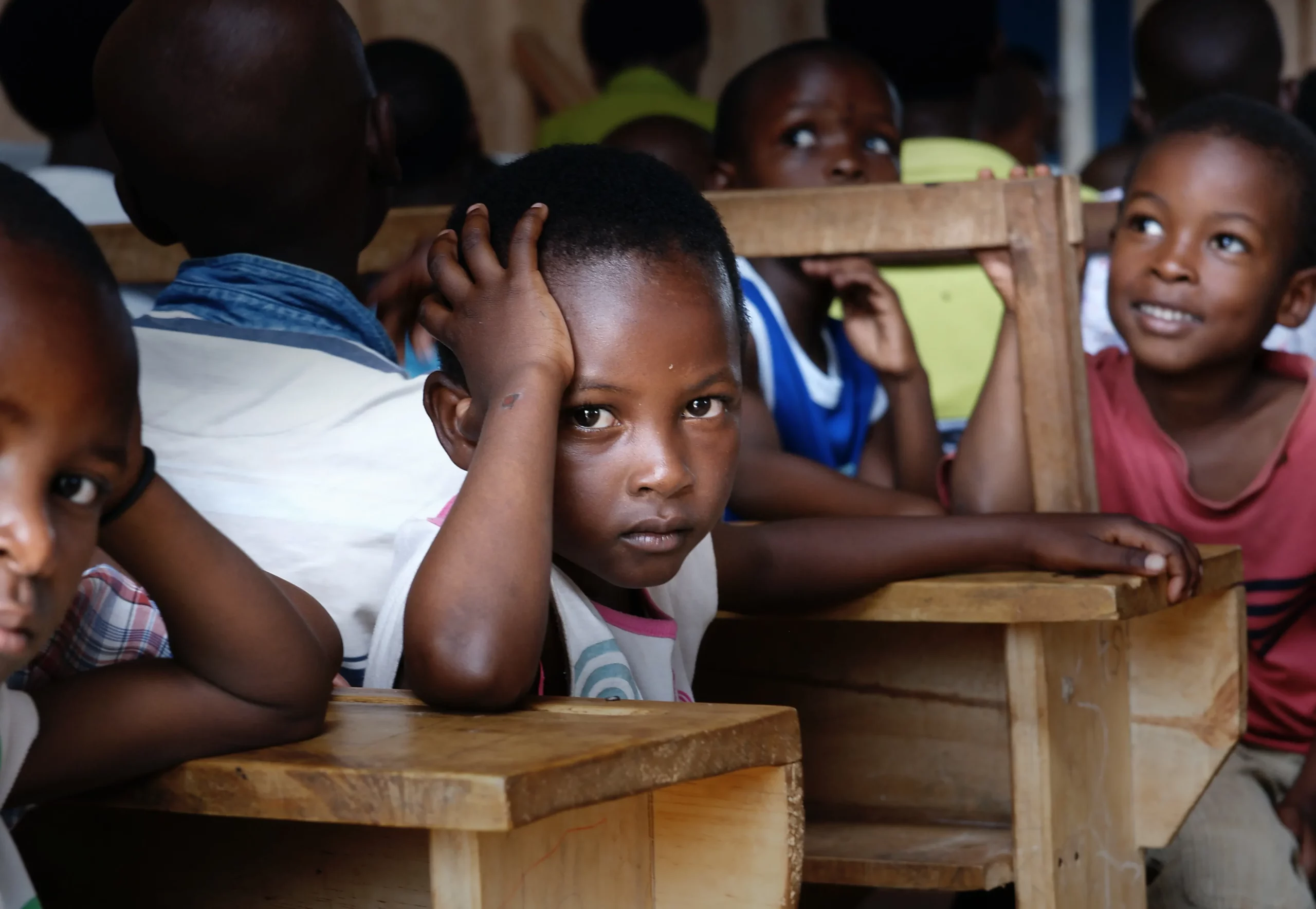
Despite progress in recent years, Africa continues to face numerous challenges in its journey towards development. From economic disparities to social inequalities and environmental concerns, the continent navigates a complex landscape that demands innovative solutions. In 2024, Africa stands at a critical juncture, where addressing these challenges is paramount for achieving sustainable growth and prosperity.
But how can Africa overcome these development challenges and chart a new path towards advancement and inclusivity?
Africa faces a range of development challenges in 2024 that require attention and strategic solutions.
The economic landscape in Africa is diverse, with different countries and regions facing unique obstacles and opportunities.
Addressing social inequalities and empowering communities is crucial for inclusive growth and social cohesion.
Promoting sustainable development and environmental conservation is vital to ensure long-term progress and mitigate the impacts of climate change.
Collaborative efforts and innovative solutions are needed to overcome Africa’s development challenges and pave the way for a prosperous future.
United Nations Development Program (UNDP) Africa to more comprehensive data and reports on Africa’s development.
Africa’s economic landscape is characterized by a rich diversity of economies, each presenting unique opportunities and challenges. From oil-rich nations like Nigeria to emerging tech hubs like Kenya, the continent showcases a variety of economic sectors that drive growth and development. Understanding the factors that influence economic performance is essential for formulating effective strategies to foster sustainable progress.
One key factor shaping Africa’s economic landscape is the abundance of natural resources. Many countries are endowed with valuable commodities such as oil, gas, minerals, and agricultural products. These resources contribute significantly to export revenues and foreign direct investment.
African Geopolitics to explore the geopolitical dynamics that influence economic policies and growth.
However, over-dependence on extractive industries poses risks, as volatile commodity prices can affect economic stability. Therefore, diversifying economies beyond resource extraction is crucial. Encouraging sectors like manufacturing, services, and technology can promote job creation, innovation, and resilience.
“Africa’s economic landscape is dynamic, with nations at various stages of development. Understanding this diversity enables policymakers to craft targeted interventions that address specific challenges.”
Another crucial aspect of Africa’s economic landscape is the informal sector, which plays a significant role in employment and income generation. Informal enterprises, such as street vendors, small-scale farmers, and artisans, contribute to the overall economy. Recognizing their importance and harnessing their potential can lead to inclusive growth.
Infrastructure development is also a critical factor influencing economic progress. Improved transportation, energy, and digital connectivity are essential for facilitating trade, attracting investment, and fostering innovation. Investment in infrastructure projects, both physical and digital, is therefore paramount for African economies to thrive.
World Bank Africa for insights into economic trends and development projects in Africa.
| Country | Main Economic Sectors |
|---|---|
| Nigeria | Oil, agriculture, services |
| South Africa | Mining, manufacturing, finance |
| Kenya | Agriculture, manufacturing, technology |
| Egypt | Tourism, textiles, agriculture |
| Ghana | Gold mining, cocoa, services |
As demonstrated in the table above, African economies differ in their main economic sectors, reflecting the distinct strengths and potential of each country. Understanding these diversities is crucial for designing tailored policies and initiatives that promote economic growth and development.
In the pursuit of African development, it is vital to address the pressing issue of social inequalities and empower communities. Across the continent, societies face numerous challenges that hinder progress and exacerbate disparities. To achieve sustainable and inclusive growth, strategies must be implemented to improve access to critical services and empower marginalized populations.
Education plays a pivotal role in breaking the cycle of poverty and promoting social mobility. However, in many African countries, access to quality education remains limited, particularly for vulnerable groups such as girls and children from low-income backgrounds. To address this challenge, governments and stakeholders must prioritize investments in education infrastructure, teacher training, and curriculum development. Additionally, initiatives should be established to ensure the inclusion and retention of marginalized students, fostering a more equitable learning environment.
Access to adequate healthcare services is crucial for the well-being of individuals and communities. Unfortunately, in many parts of Africa, healthcare systems face numerous challenges, including limited infrastructure, inadequate resources, and unequal distribution of medical facilities. To address these issues, governments must prioritize healthcare investments, strengthen primary healthcare systems, and improve the availability of essential medicines. Furthermore, innovative approaches, such as mobile health technologies, can be leveraged to reach remote communities and provide vital healthcare services.
Improving Access to Healthcare: World Health Organization Africa for more information on health initiatives and statistics across African countries.
Access to basic services, including clean water, sanitation, and electricity, is essential for human development and well-being. Unfortunately, many communities in Africa still lack these fundamental necessities. To bridge this gap, governments and stakeholders should invest in the development of infrastructure and promote sustainable solutions. By harnessing renewable energy sources, implementing water and sanitation projects, and prioritizing the provision of basic services to underserved areas, communities can experience significant improvements in their quality of life.
“Addressing social inequalities and empowering communities requires a holistic approach that addresses the root causes of marginalization and exclusion. By prioritizing education, healthcare, and basic services, we can pave the way for a more prosperous and equitable Africa.”
Through these concerted efforts, African societies can strive towards inclusive growth and social cohesion. By addressing social inequalities and empowering marginalized communities, we can create a future where all individuals have equal opportunities to thrive and contribute to the continent’s development.
Enhancing Educational Infrastructure and Opportunities: African Development Bank’s Education initiatives for an overview of projects aimed at improving education across the continent.
| Key Strategies to Address Social Inequalities and Empower Communities | |
|---|---|
| 1 | Investing in education infrastructure and teacher training |
| 2 | Ensuring inclusion and retention of marginalized students |
| 3 | Strengthening primary healthcare systems and improving access to essential medicines |
| 4 | Leveraging innovative approaches, such as mobile health technologies |
| 5 | Investing in infrastructure development for basic services |
| 6 | Promoting sustainable solutions for clean water, sanitation, and electricity |
Africa’s development agenda must prioritize sustainable practices and environmental conservation to ensure a prosperous and resilient future. However, achieving this balance between economic growth and environmental protection poses significant challenges. The continent faces the urgent task of mitigating the impacts of climate change and embracing sustainable development strategies that benefit both people and the planet.
Water Crisis to highlight the critical issue of water scarcity and management in the context of sustainable development.
United Nations Environment Programme (UNEP) Africa for resources on environmental conservation efforts in Africa.
As Africa strives to address its development challenges, it must adopt a holistic approach that integrates environmental conservation into all sectors of the economy. This means placing a strong emphasis on renewable energy, responsible natural resource management, and the protection of fragile ecosystems. By doing so, Africa can leverage its rich biodiversity and natural resources to drive sustainable economic growth while safeguarding the environment for future generations.
Investing in sustainable infrastructure is another critical area of focus for African countries. This includes implementing eco-friendly transportation systems, promoting energy-efficient buildings, and improving waste management practices. By prioritizing sustainable infrastructure, Africa can reduce carbon emissions, enhance energy efficiency, and create green jobs that contribute to economic development and social well-being.
Africa has a wealth of natural resources and diverse ecosystems that are of global significance. It is our responsibility to protect and preserve these treasures for future generations. Through sustainable development and environmental conservation, we can create a legacy of prosperity and environmental stewardship.
Furthermore, collaboration and knowledge-sharing among African countries and international partners are vital in promoting sustainable development. By sharing best practices, experiences, and innovative solutions, Africa can accelerate progress towards achieving its sustainable development goals. Additionally, leveraging technology and digital solutions can empower African communities to adopt sustainable practices, monitor environmental changes, and mitigate the impacts of climate change.
African Territories Construction to delve into the construction and development of new territories, reflecting on urban planning and sustainability.
African Union’s Agenda 2063 for a vision of Africa’s future infrastructure and urbanization plans.
In short, promoting sustainable development and environmental conservation is crucial for Africa’s development in 2024. By integrating sustainable practices into all sectors of the economy, investing in sustainable infrastructure, and fostering collaboration and knowledge-sharing, Africa can overcome its development challenges while protecting the environment. Together, we can build a sustainable and resilient future for Africa and contribute to the global effort in combating climate change.
Overcoming Africa’s development challenges in 2024 requires concerted efforts and innovative solutions. By focusing on inclusive growth, social empowerment, sustainable practices, and addressing the diverse economic and social contexts, Africa can pave the way for a prosperous future.
Throughout this article, we have explored the key findings and recommendations for African development. It is evident that collaboration among governments, civil society, and the private sector is crucial in tackling the challenges that Africa faces.
The Geopolitics of Morocco as a case study on how geopolitical strategies can influence national development trajectories.
To drive inclusive growth, African countries need to prioritize investments in education, healthcare, and infrastructure. By equipping citizens with skills and knowledge, Africa can foster human capital development and create a highly skilled workforce that drives economic diversification.
Furthermore, sustainable practices and environmental conservation play a vital role in Africa’s development trajectory. By adopting renewable energy sources, implementing green technologies, and preserving natural resources, African nations can simultaneously promote economic growth and protect the environment for future generations.
For further Reading:
Sustainable Development Goals (SDGs) in Africa with the global framework guiding Africa’s development efforts.

Explore the 2030 FIFA World Cup host across three continents and celebrating a century of football history.
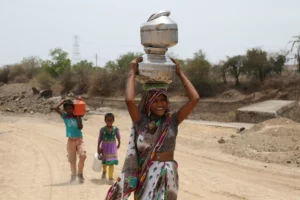
Dive into the heart of the global water crisis—where climate change meets geopolitical strife. Discover cutting-edge solutions and international efforts aimed at securing water for all.
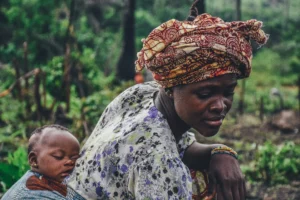
Delve into the complexities of African geopolitics in 2024, where corruption, global influences, and regional conflicts dictate the path to stability and prosperity.
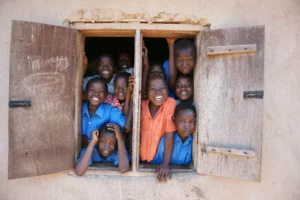
Unraveling the complexities of African Territories Construction, this article offers insights into its profound impact on Africa’s geopolitical and developmental trajectory.
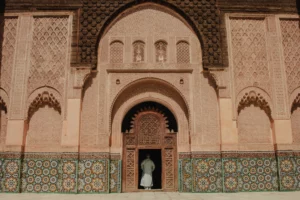
Morocco, a North African country, has been striving to strengthen its international position through development.